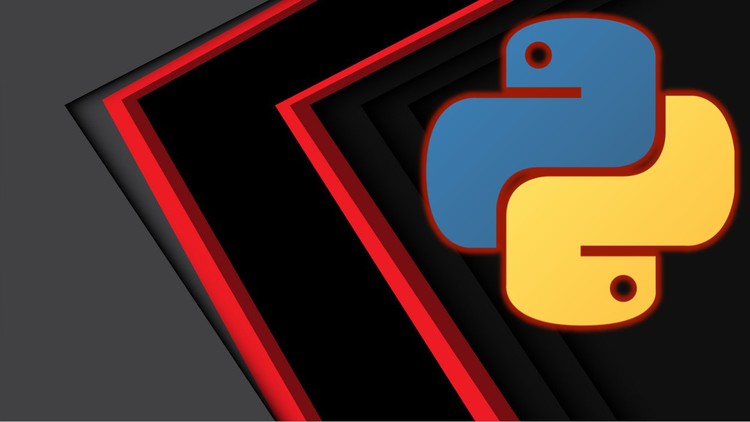
Python for Beginner
What you will learn
Introduce the student to Python programming fundamentals
Understand principles of Python
Understand object oriented programming
Teach an example of scripting and interpretative language and compare it with classical compiled programming languages
Description
Beginners in the field of data science who are not familiar with programming often have a hard time figuring out where they should start.
Fundamentals of Python consists of a discussion of basic building blocks of the Python programming language. Here, “Fundamentals of Python” is divided into the following categories. And we will be discussing each topic separately.
Unlike most programming languages python uses indentation to mark a block of code. According to python style guidelines or PEP8, you should keep an indent size of four.
Most of the programming languages provide indentation for better code formatting and don’t enforce to have it. But in Python it is mandatory. This is why indentation is so crucial in Python.
A basic Python curriculum can be broken down into 4 essential topics that include:
- Data types (int, float, strings)
- Compound data structures (lists, tuples, and dictionaries)
- Conditionals, loops, and functions
- Object-oriented programming and using external libraries
Course Objectives and Role in Program The objectives of this course include:
- Teach an example of scripting and interpretative language and compare it with classical compiled programming languages
- Introduce the student to Python programming fundamentals
- Expose students to application development and prototyping using Python
- Learn to apply fundamental problem solving techniques
Learning Outcomes At the end of this course students will
- Understand principles of Python
- Understand the pros and cons on scripting languages vs. classical programming languages (at a high level)
- Understand object oriented programming
- Understand how Python can be used for application development as well as quick networking,
QA and game programming Topics Covered
- Language syntax and fundamentals
- Data types
- Exception handling and events
- Functions and control structures
- Object oriented programming
- Text processing and regular expressions
- Networking
- Graphical user interfaces
- Game development (using 3rd party library)
Content